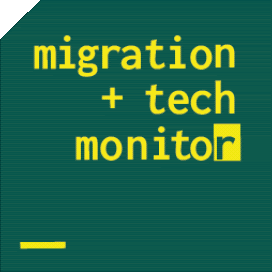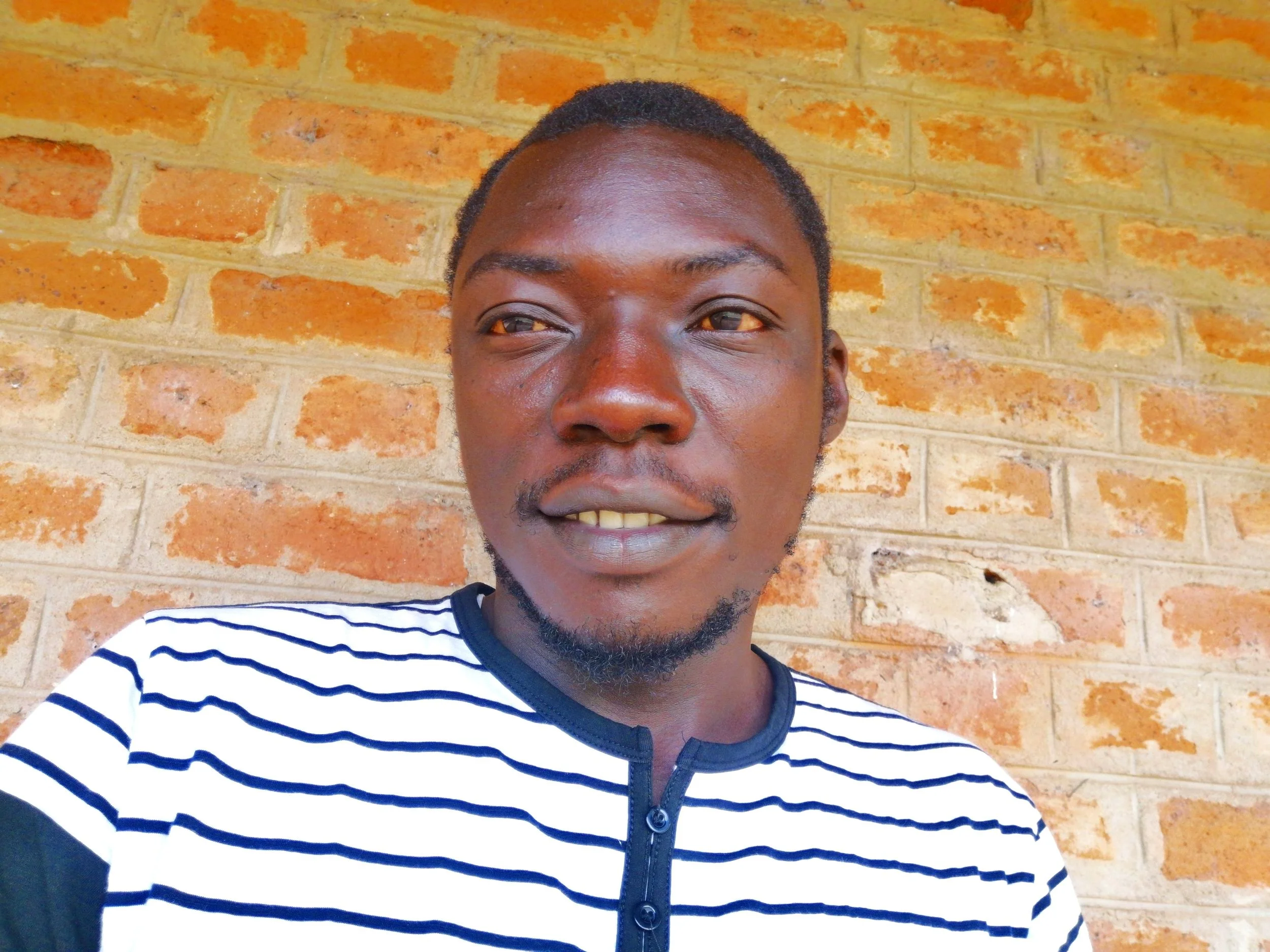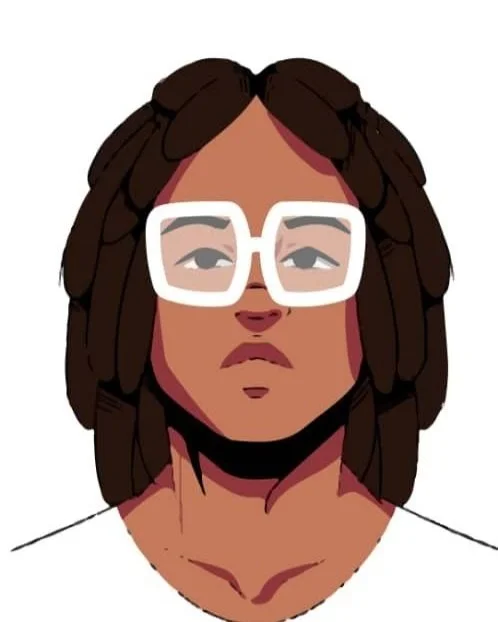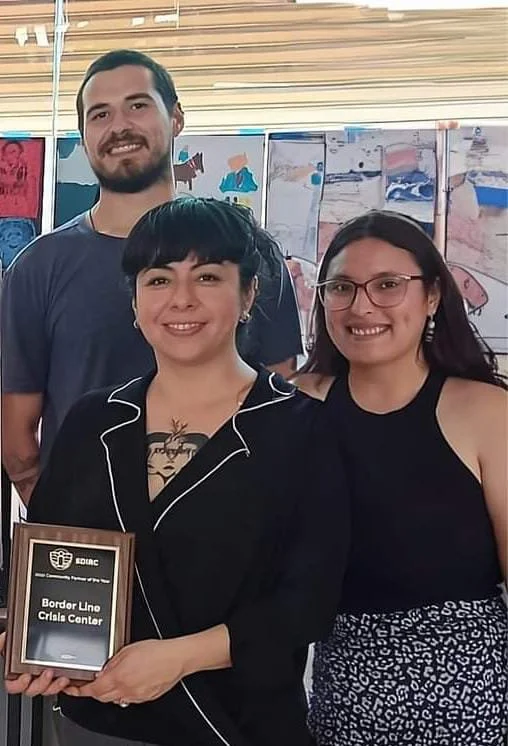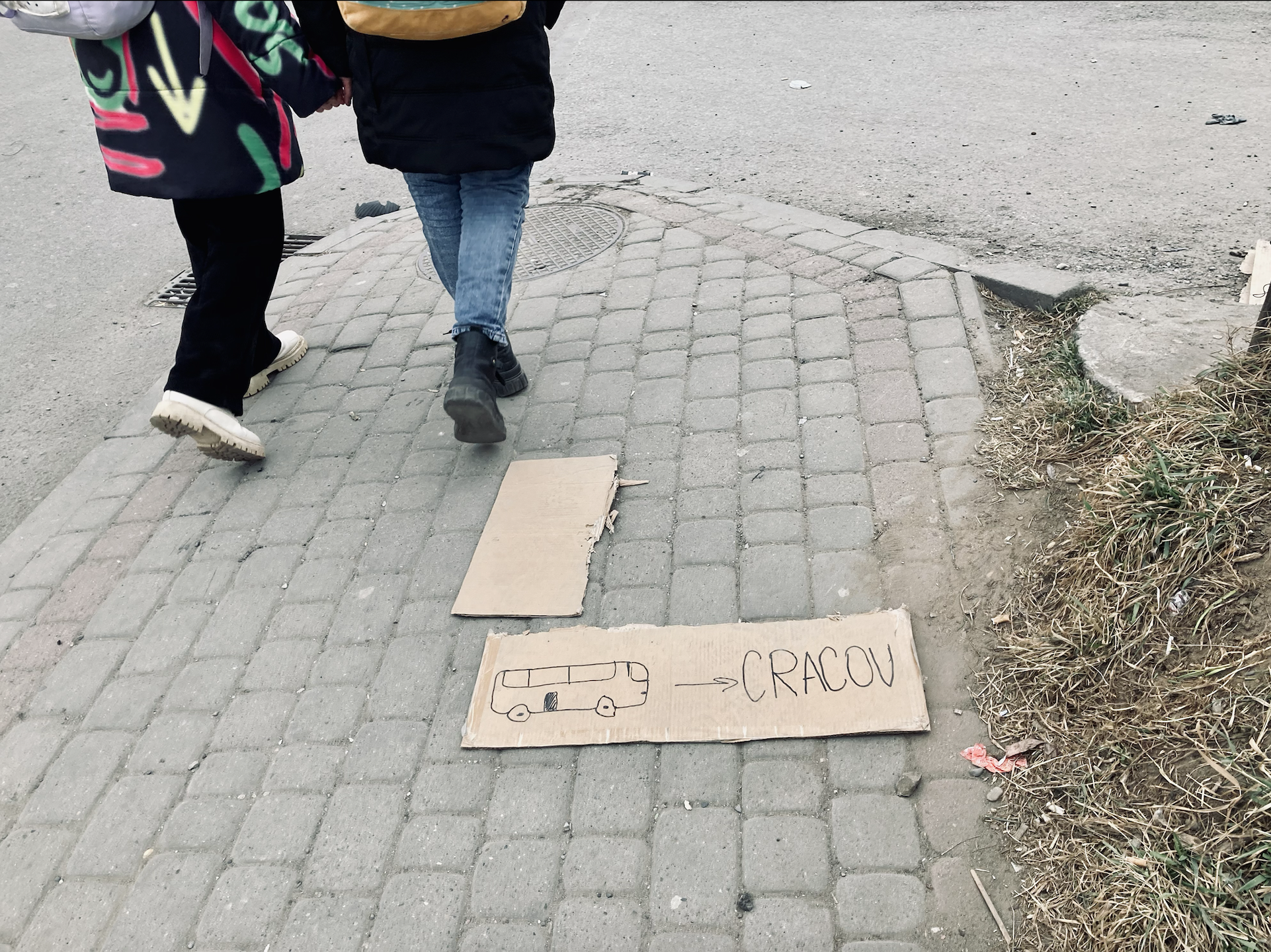
2024 Migration and Technology Monitor Fellows
We are delighted to welcome our second Migration and Technology Monitor Fellows! We are thrilled to once again work with and learn from people with lived experience of migration from all over the world, as they interrogate technology, surveillance, and migration.
Our fellowship program aims to create opportunities for people with lived experience to meaningfully contribute to research, storytelling, policy, and advocacy conversations from the start, and not as an afterthought. Among our aims is a collaborative, intellectual, and advocacy community committed to border justice. We prioritize opportunities for participatory work, including the ability to pitch unique and relevant projects by affected communities themselves. Read our 2024 press release to learn more about our selection process and ethos behind our fellowship and community building.
Joining the community are:
Grace Gichanga is an advocate for the use of technology in addressing the justice gap. She is a lawyer and the founder of Wasafiri Foundation, a legal and psychosocial support hub for refugees, migrants and asylum seekers living in South Africa. Her project, a conversational legal education chatbot hopes to provide holistic support to migrant communities. Firstly, through access to practical legal information on pathways to documentation, as well as information on how to access education, healthcare and social services. Secondly, through an automated legal support helpdesk with access to a paralegal or social worker in the loop to provide additional support and lastly through a referral map of legal and psychosocial support actors in South Africa.
Mathew Lubari is an advocate for digital literacy, repair activism, and sustainability, thoughtful leader in the repair movement, and Co-founder and Executive Director of Community Creativity for Development(CC4D) - Ugandan and South Sudanese based #ASKnet hubs offer a unique perspective on technology, environmental impact, and community empowerment.
He is from South Sudan residing in Uganda, and was a movement fellow at the Maintainers and currently part of the Restarters, and the Movement Builder network, an international group of practitioners focused on maintenance, repair, and/or care practices. He's conducting impactful work in his locality as an ICT and repair café educator and organizer, while deeply involved and connected in the larger international repair movement. His project explores the integration of ICT and repair with focus on educating refugee youth, women and girls in Rhino Camp Uganda on digital competence and repair of electronic devices while raising awareness on safe use of digital technologies (cybersecurity).
Listen to podcast version here
Mona Shtaya is a Palestinian digital rights defender working in the MENA region. She serves as the Campaigns and Partnerships Manager (MENA) and Corporate Engagement Lead at Digital Actions.Her project will explore the profound impact of technology on individuals living under occupation, with a particular focus on Palestinians and other groups enduring conflicts, oppressive regimes, or occupation. She aims to deepen understanding of how censorship and surveillance affect oppressed people and to promote the principles of collective, cross-border advocacy.
Gamil is a digital security specialist, marketer, and content creator. His work has earned him journalism fellowships from both Internews and the Samir Kassir Foundation, highlighting his commitment to impactful storytelling and advocacy in the realm of religious freedoms. Originating from Sudan and making his home in Egypt, he spearheads a vital project aimed at the innovation and enhancement of digital security guidelines for human rights activists and minorities. This work not only underscores Gamil’s expertise but also his unwavering commitment to safeguarding the voices and efforts of those fighting for human rights.
*For security reasons given the sensitive nature of his project, Gamil is using a pseudonym*
Mariana Rangel and Judith Cabrera work with the Borderline Crisis Center. They are an organization that strives to offer comprehensive care networks to the migrant community, whether they are in transit, refugees, deportees or asylum seekers, always taking as a staring point their needs, regional resources, and the sociopolitical conditions in which they find themselves. In all their practices they seek horizontality, healing, and connecting through art an culture. Their project will explore the impacts of border surveillance at the Mexico-US border such as the CBP-1 application.
Listen to podcast version here
